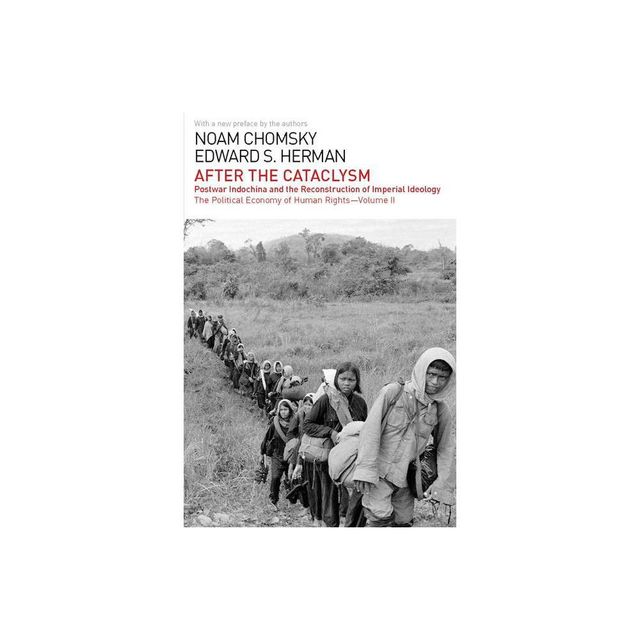Home
Political Economy of Human Rights: Rights, Realities and Realization / Edition 1
Loading Inventory...
Barnes and Noble
Political Economy of Human Rights: Rights, Realities and Realization / Edition 1
Current price: $69.99


Barnes and Noble
Political Economy of Human Rights: Rights, Realities and Realization / Edition 1
Current price: $69.99
Loading Inventory...
Size: OS
*Product Information may vary - to confirm product availability, pricing, and additional information please contact Barnes and Noble
Political Economy of Human Rights
is the first complete text covering and discussing human rights from a political economy perspective. Confronting international human rights with both global and local economic-political realities, this book entails a full shake-up of the UN led mission for human rights and the national strategies linked to it. It approaches human rights as not just legal resources but political tools as well, aimed at not only protection of existing freedoms and entitlements but also transformation of "disabling" environments. This implies a shift in the allocation of human and financial resources from the quasi-legal international level to the national and local environments in which these rights have to be realised. In a "human dignity triangle" the author connects human rights to human development and human security. Numerous issues connected to this major focus are presented and analysed from a political economy perspective.
After an introduction that familiarizes the reader with some of the key concepts used throughout, the book is divided into six chapters. The first two combine a critique of the overly legal use of human rights with a reconceptualisation of their potential as powerful tools outside of the legal context. The next two chapters examine the nature of the structural challenges that face realisation, both on the global and on the local level. The last two chapters analyse two major areas of the human rights deficit: the structural non-implementation of the rights of the poor and the failing protection of non-dominant collectivities. Finally, a concluding chapter elaborates on the main findings and insights gained.
The book combines rigorous juridical study with a focus on political-economic analysis of rights in context. Hence, it aims at an interdisciplinary treatment of human rights as opposed to current texts that have a tendency to be monodisciplinary. The book should be of interest to students of human rights, political economy, law and conflict studies, as well as those who work or research in these areas.
is the first complete text covering and discussing human rights from a political economy perspective. Confronting international human rights with both global and local economic-political realities, this book entails a full shake-up of the UN led mission for human rights and the national strategies linked to it. It approaches human rights as not just legal resources but political tools as well, aimed at not only protection of existing freedoms and entitlements but also transformation of "disabling" environments. This implies a shift in the allocation of human and financial resources from the quasi-legal international level to the national and local environments in which these rights have to be realised. In a "human dignity triangle" the author connects human rights to human development and human security. Numerous issues connected to this major focus are presented and analysed from a political economy perspective.
After an introduction that familiarizes the reader with some of the key concepts used throughout, the book is divided into six chapters. The first two combine a critique of the overly legal use of human rights with a reconceptualisation of their potential as powerful tools outside of the legal context. The next two chapters examine the nature of the structural challenges that face realisation, both on the global and on the local level. The last two chapters analyse two major areas of the human rights deficit: the structural non-implementation of the rights of the poor and the failing protection of non-dominant collectivities. Finally, a concluding chapter elaborates on the main findings and insights gained.
The book combines rigorous juridical study with a focus on political-economic analysis of rights in context. Hence, it aims at an interdisciplinary treatment of human rights as opposed to current texts that have a tendency to be monodisciplinary. The book should be of interest to students of human rights, political economy, law and conflict studies, as well as those who work or research in these areas.


















